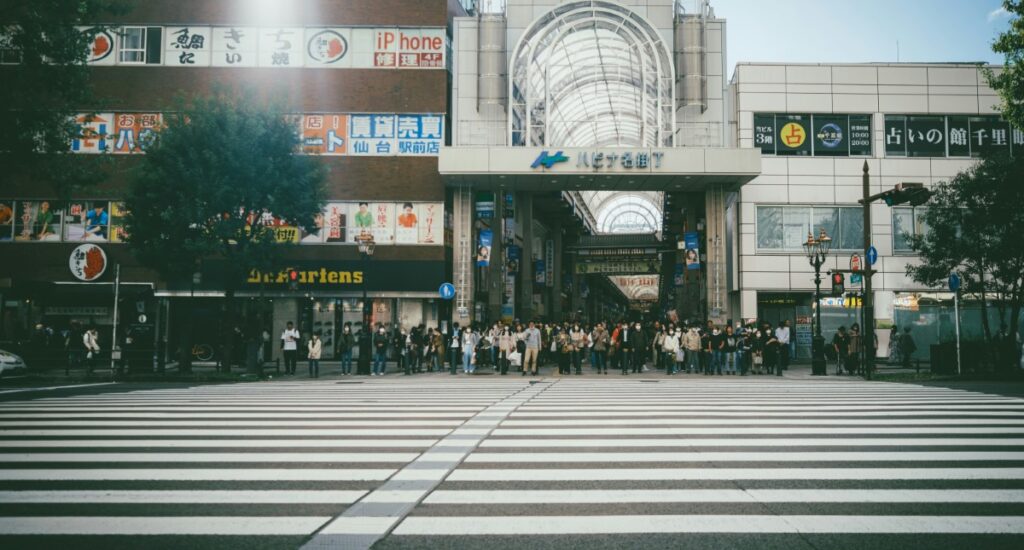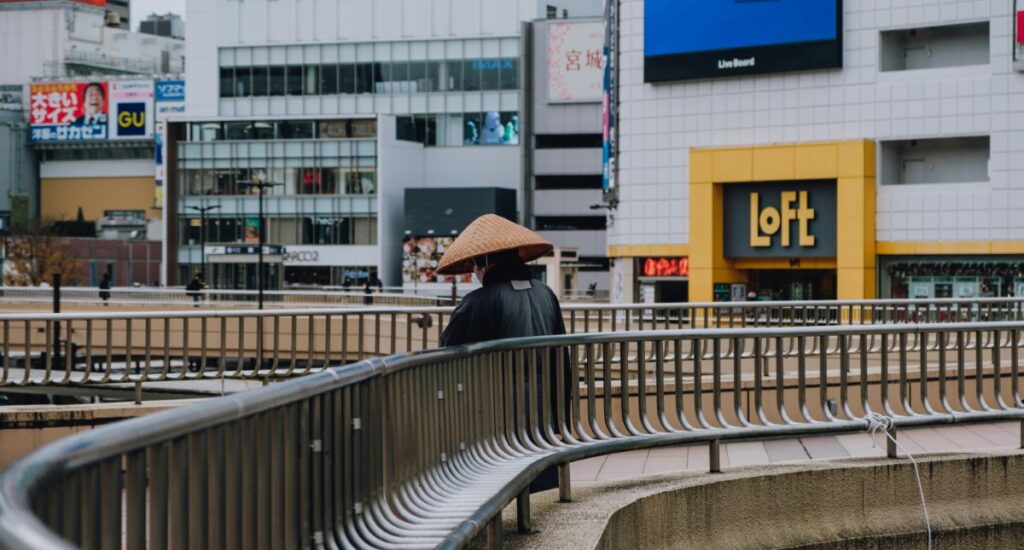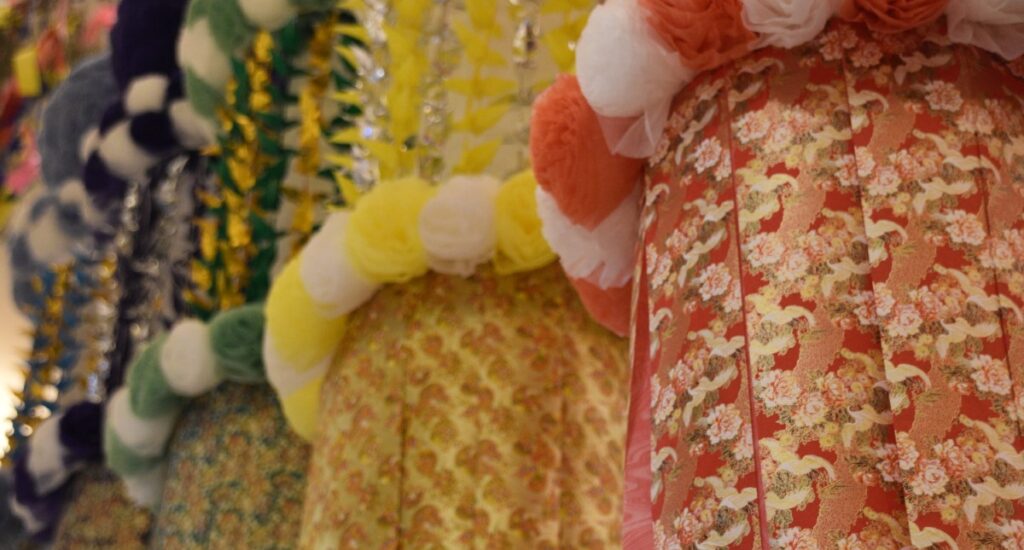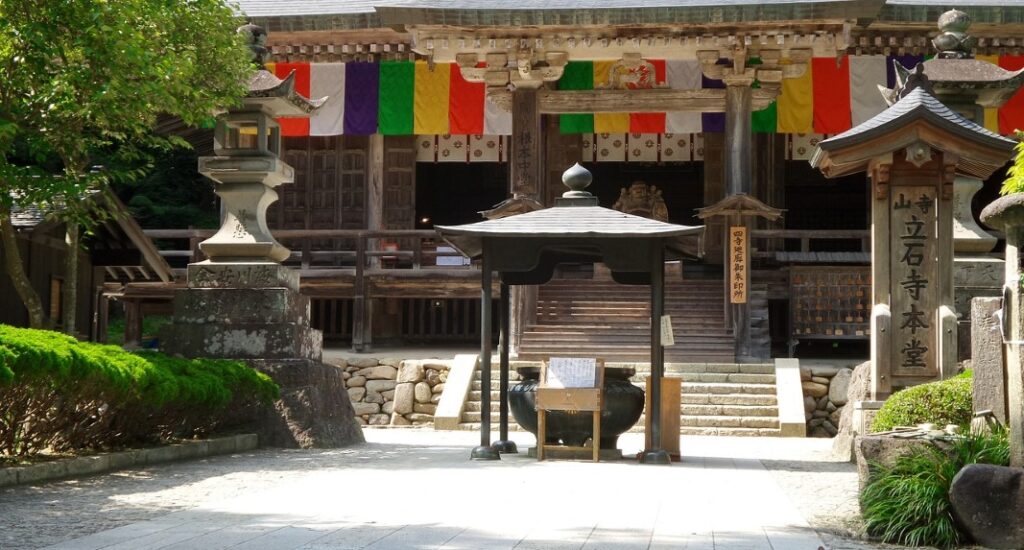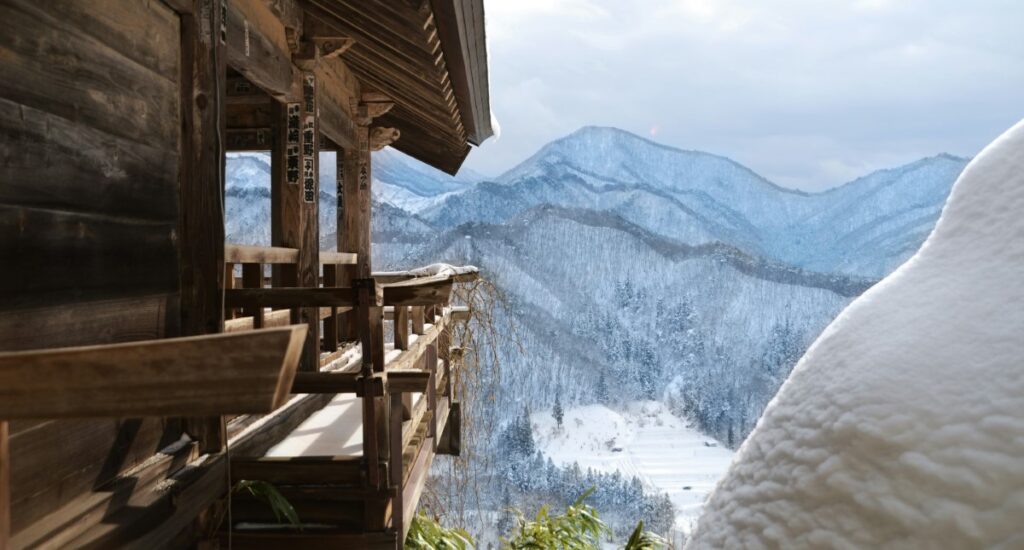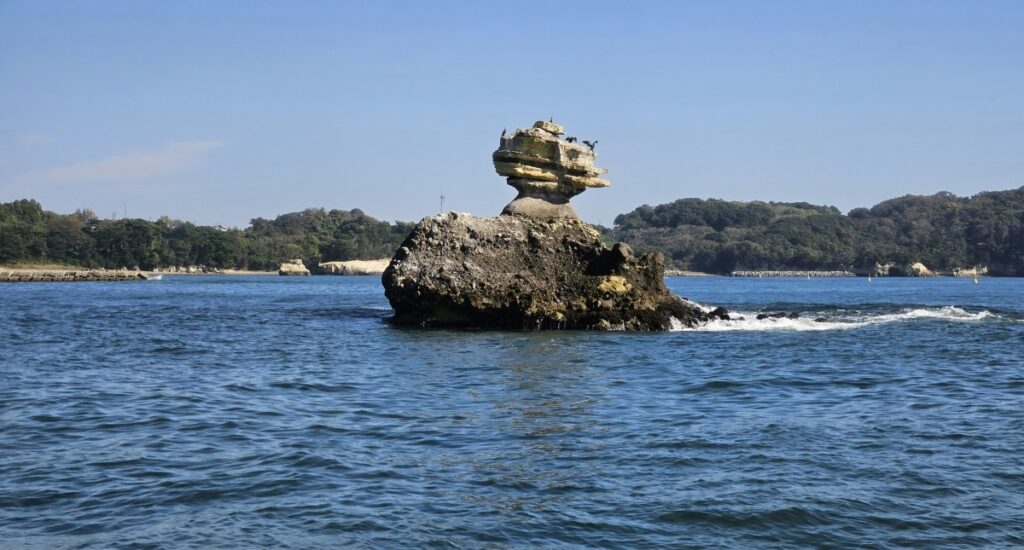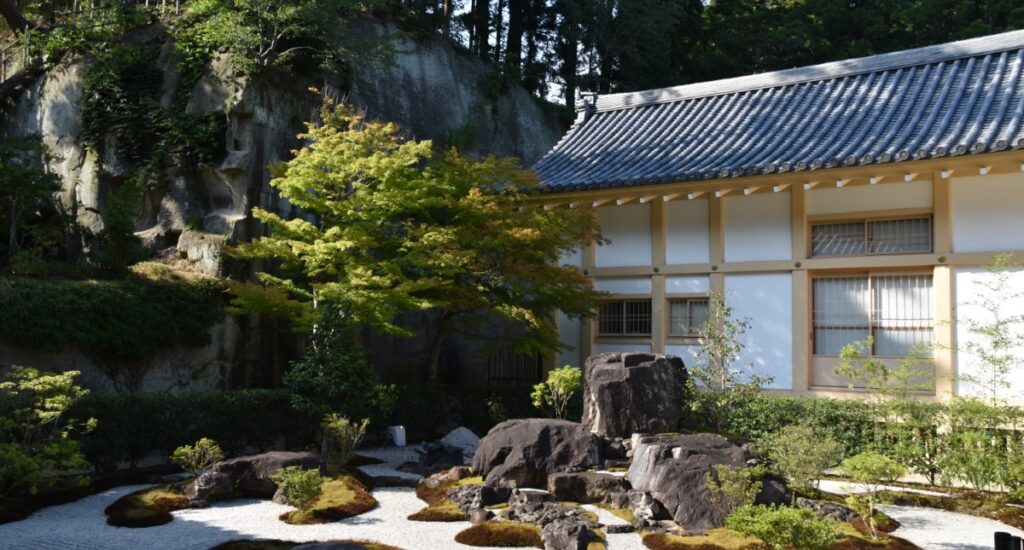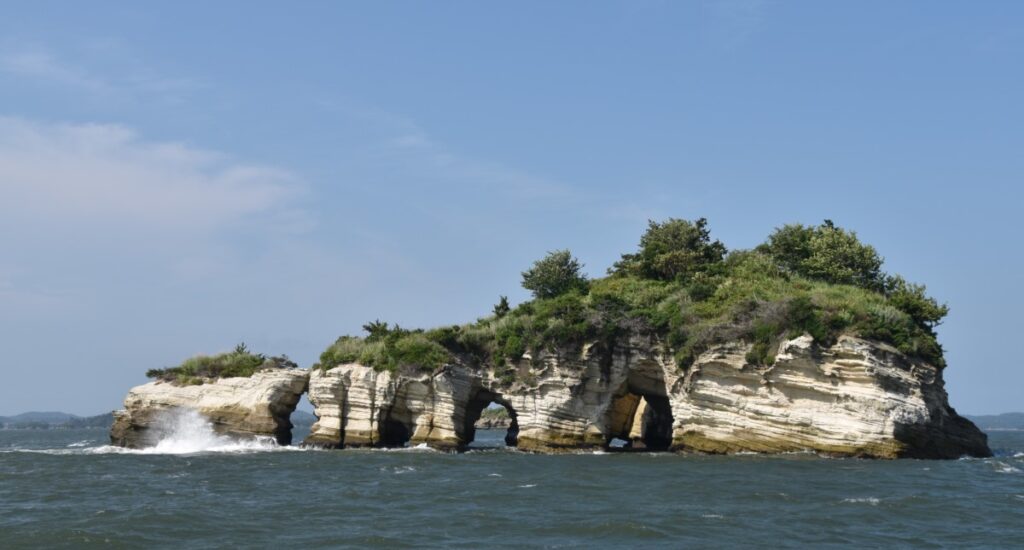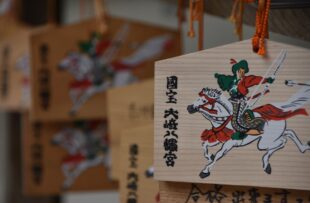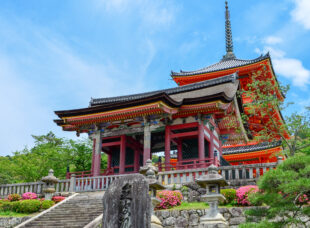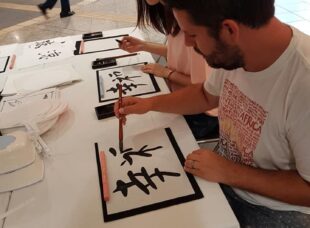Sendai is one of northern Japan’s largest cities, and a gateway to the untapped treasures of the Tohoku region. Readily connected to Tokyo and beyond by bullet train, the city makes the perfect base for a few days of any holiday. Sendai owes its existence to the Date clan, a powerful samurai family from Japan’s feudal ages, and historical monuments can be found throughout the city. Although only ruins remain of Aoba Castle, the clan’s ancestral home, the stunning views available from its lofty perch make this the ideal place to start your exploration of Sendai.
Zuihoden mausoleum, Rinnoji Temple, and Osaki Hachiman Shrine are all deserving of a visit, just make sure you allow some time to grab some of the region’s famous food for lunch. Gyutan – or beef tongue – may sound a little unappetizing, but is a surprisingly delicious local delicacy. For a sweet and salt treat, try some zunda – crushed and seasoned edamame that can be enjoyed in a number of bizarre snacks.
Just half an hour away from Sendai is the bay of Matsushima – which for centuries has been considered one of Japan’s ‘three most scenic views’. With over 250 islets covered in pine trees, the best way to enjoy the scenery is on a boat trip… though the panoramic views from shore are just as impressive. While here, be sure to take a stroll over the iconic red bridge to Fukuura island, visit the Zen temple of Zuiganji, and – of course – chow down on some local seafood.
Yamadera – literally ‘mountain temple’ – is a beautiful religious complex high in the steep scenery of Yamagata, and one of Japan’s best kept secrets. Don’t skip breakfast if you want to make your way up the steep winding stone steps to the top. Walk past Buddhist monuments, statues, lanterns, and modest-yet-ornate buildings. With stunning woodland around you, and unbeatable views, it is obvious why this sacred place was built here.
If you would prefer to spend your time exploring more of the wider region, the UNESCO Heritage listed Hiraizumi is only about 1 hour away from Sendai. Formerly the seat of power for Tohoku, this town still boasts some of Japan’s most important Buddhist temples and national treasures, including Motsu-ji Temple Garden, and Chuson-ji, with it’s gold-plated Konjikido hall.


